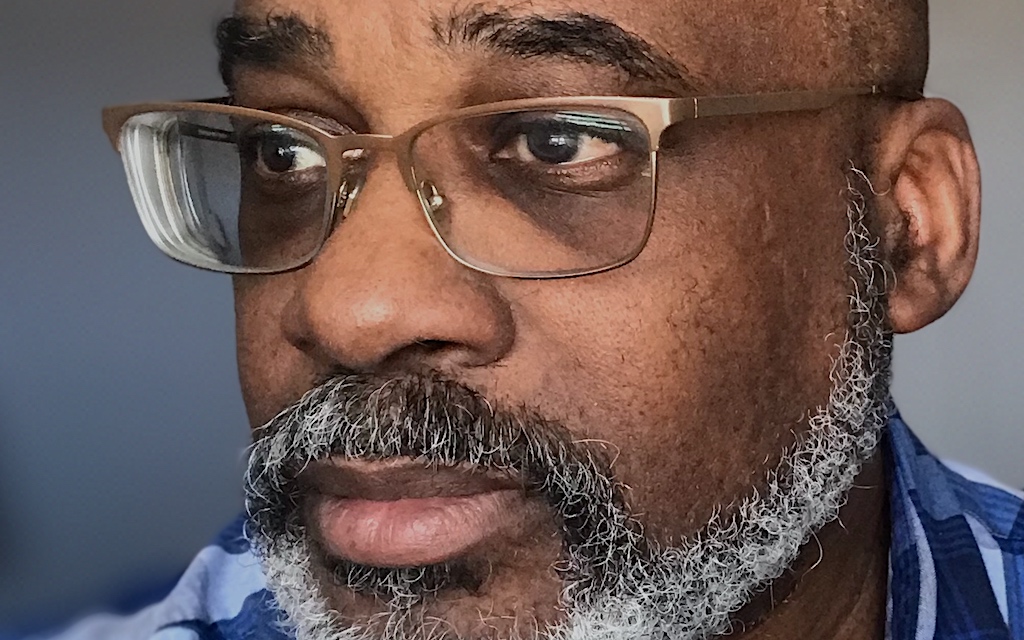Restoring Dignity and Hope

It has been a painful few weeks. If truth be told, it has been a painful year thus far. We are almost halfway through 2020 and it feels as if we’ve not even had a chance to catch our breath, much less take one. Here in Canada the unfolding tragedies in our Atlantic Provinces seemed to have tried to outdo each preceding one. Whether through an inexplicable mass homicide, or losing several of our military servicemen on deployment overseas in a helicopter accident, or little children being washed away in floods, it has been a traumatic period all in the span of one month.
Compounding all of this, is the global pandemic which has cast a shadow over the whole planet. It’s no small wonder hearts may feel squeezed of any essence of goodness or even hope. An unfortunate conclusion likely to be drawn from this is that our hearts are in danger of becoming as hard as stone. It has been said you cannot get blood from a stone, and given that truism, then there is no room for life-giving blood to flow through it.
From their birth as a nation until the recent inexplicable death of George Floyd by police in Minneapolis, our U.S. neighbours to the south have also borne their share of tragedies. The historically insidious tentacles of racism have traversed cultures and descended down through generations to inflict overt and unrealized trauma to many. All of the above tragedies were unexpected; some were unwarranted and certainly most were uninvited, and some were certainly avoidable. We may live in the 21st century, but on the surface things seem to indicate a regression to a 12th century mindset.
The expectation of common decency, respect and proper valuing of human life has become a rare commodity. And maybe therein lies one aspect of the problem. The basic human right of being treated with dignity and respect has been bought and sold (literally and figuratively) for so long on the trading floor of avarice, elitism, entitlement and hate, that any intrinsic value of common decency is crushed under the weight of ego, pride and prejudice.
While there are many injustices in the world, the rough, fibrous nature of racial intolerance has acquired an unfortunate longevity of strength throughout its multi-millennium-spanning existence. It is no less restrictive and dehumanizing now than when it was inflicted by Pharaoh on the Hebrews slaves of Old Testament history. While it still retains many of its associated brutish qualities, over the intervening centuries and recent decades, it has also become more refined and adept at being surgically precise in its application; always with the ultimate goal to undermine and disassemble any sense of worth in the targeted recipient.
Understandably there has been a lot of talk generated from the recent tragic incidents in Brunswick Georgia and in Minneapolis Minnesota. Old wounds have been incised and new ones have formed not only in the U.S. but here in Canada and around the world. The age-old question has been how to deal with this ongoing legacy of injustice. Is there a way for us to move from just talking about this to having an actual coherent and respectful conversation? That doesn’t mean one cannot protest or express anger. Just like respect and dignity, that’s a right which should be exercised in the face of any injustice.
We also need to understand the reasons for the various forms and expressions of protest. Some may advocate for violence out of frustration and some just seize the opportunity as an excuse to inflict pain on others. Others raise their voice in a rallying cry to seek equality and respect through peaceful means – just as Martin Luther King Jr. did. Whether you are a proponent of one form or another, in either case the common thread which any useful discourse needs to acknowledge is this: there are historically entrenched and unresolved issues; some which hauntingly seem to have a dark intelligence all their own.
So, how do we move forward with hope? Words posted online a couple days ago by Martin Luther King Jr’s youngest daughter may offer some insight.
I believe my father’s words more than ever before. I also understand the anger and pain. 400+ years of trauma. Still…love is powerful fuel for justice. It allows us to strategize with an ultimate goal that produces tangible change, without destroying ourselves.
--- Bernice King
Regardless of your race, creed or colour, there is one thing which needs to be understood in all of this. There will be no quick fix for this ongoing dilemma. In order to see our way through to any viable solution, it will take deep courage and commitment on the part of everyone; those impacted and those who think there are not. We are going to have to face some hard truths about who we are as individuals and then with patient intentionality move toward the healing of both historical and fresh wounds of the heart.
As antithetical as it may sound, in order to move forward and gain any useful traction, it may require we start with learning how to extend forgiveness. Not only to others, but for ourselves as well.
